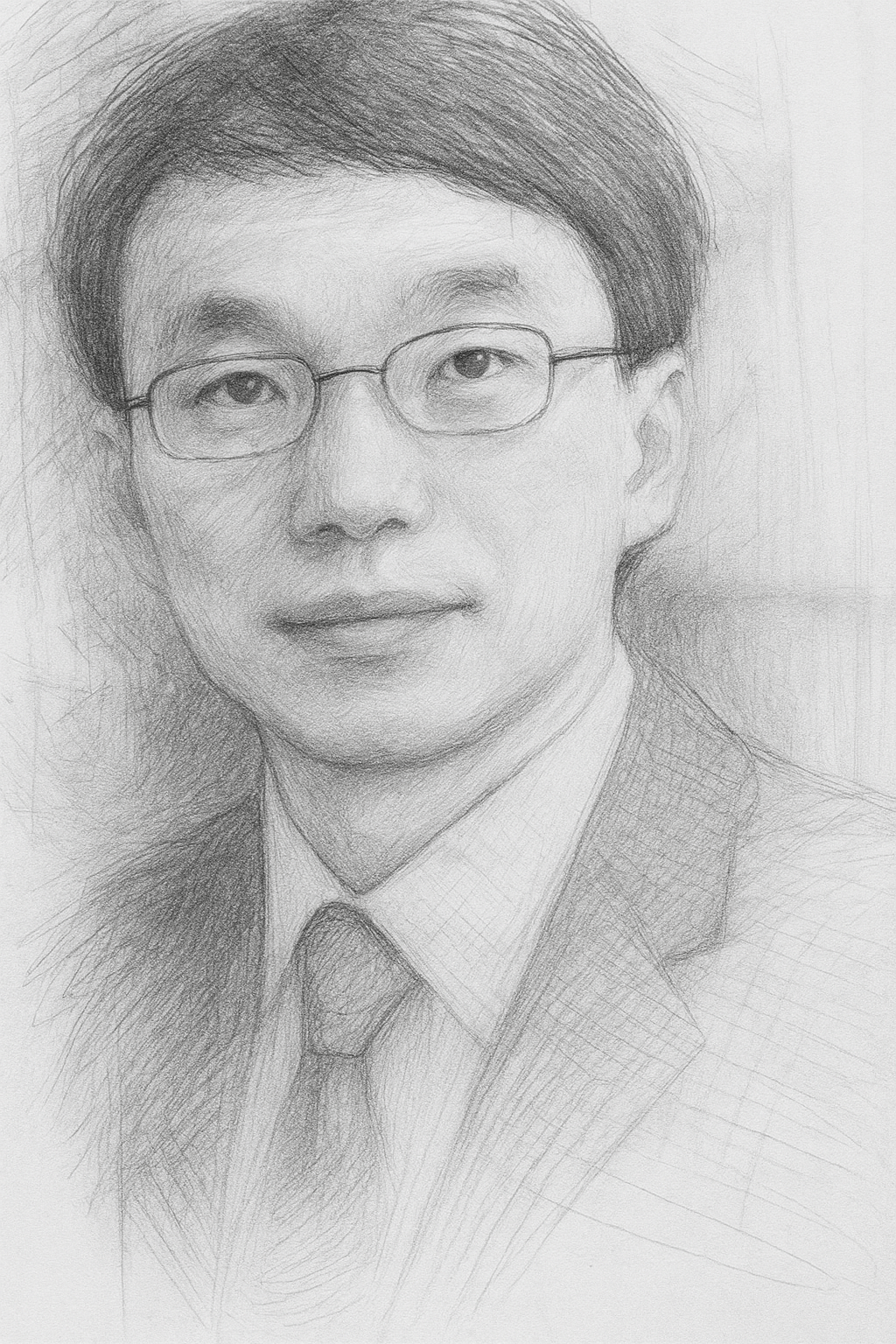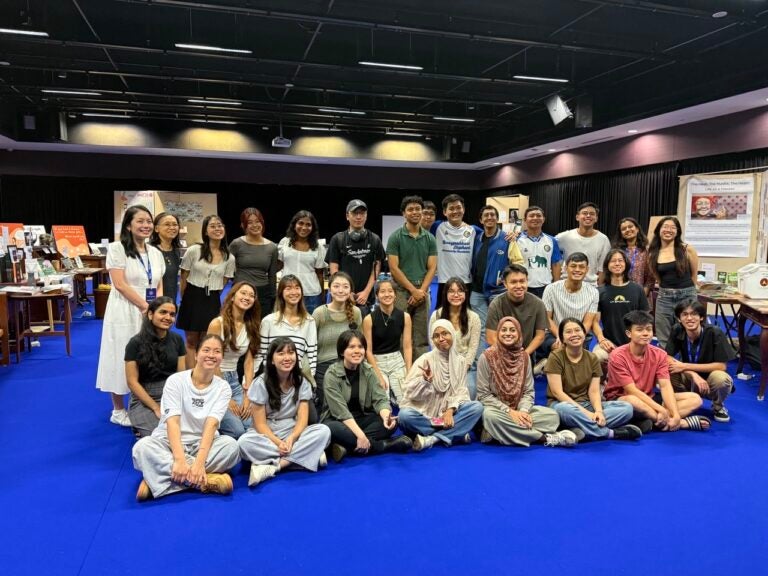By Malcolm Seah (Business + NUSC ’28).
The Sung Kah Kay Prize at NUS College (NUSC) represents more than just academic excellence. The prize celebrates the extraordinary life and enduring legacy of a man whose groundbreaking work continues to shape our world today.

Born in Singapore, Dr Sung Kah Kay was an academic marvel who embodied the spirit of excellence that the prize now seeks to recognise in graduating students. His academic journey was nothing short of remarkable, having earned numerous degrees from the Massachusetts Institute of Technology (MIT) – from his Bachelor’s degree to his PhD, speaking to both his intellectual capacity and insatiable dedication to learning.
As a doctoral student at MIT, Dr Sung made considerable contributions to research on face detection technology, with him eventually being granted a patent along with his colleague. Today, face detection technology is a foundational feature of many tools like camera autofocus and modern face-based biometrics similar to FaceID.
His contributions extended far beyond the digital world. Dr Sung served as a founding faculty member of the NUS Core Curriculum Programme (CCP), a predecessor to NUS College, and he helped to establish an academic culture that valued curiosity and care. Colleagues describe him as an educator who met students where they were, put himself in their shoes and adjusted each lesson to how it was being received so that the class could reach a higher standard.
Beyond academia and research, Dr Sung was a person of character whom colleagues and friends remember as much for his warmth as for his intellectual achievements. Dr Terence Sim, Associate Professor at the NUS School of Computing, fondly recalls that Dr Sung was “sociable, well-liked and smart”. A devoted Star Trek enthusiast and professional wrestling fan, he was also an avid jogger who competed in the 1994 Boston Marathon.
Tragically, Dr Sung’s promising career was cut short on 31 October 2000 during the Singapore Airlines crash in Taipei. He perished with his young wife, Ms Jennifer Loo. Their passing devastated the academic community and left a deep absence in both the School of Computing and the CCP. Dr Sim described the impact as losing a “collegial colleague, a role-model researcher, and an inspirational instructor”. In his memory, NUS established the Sung Kah Kay Assistant Professorship in 2000 with gifts from family and friends.
The Sung Kah Kay Prize
This October marks the 25th anniversary of Dr Sung Kah Kay’s passing. It is fitting that the Sung Kah Kay Prize is established with a pledge from Professor Albert Teo. In addition to serving as the former Deputy Director of the University Scholars Programme (USP), another predecessor of NUSC, Professor Teo was the Founding Director of the Chua Thian Poh Community Leadership Centre and an Associate Professor at the NUS Business School. A colleague of Dr Sung, Professor Teo shared, “The prize is a meaningful way to honour Dr Sung’s memory as he was a strong believer in interdisciplinary education, which is what NUSC embraces.”
The prize recognises graduating students who exemplify scholarship and academic excellence. Each recipient becomes a bearer of this tradition and a reminder that excellence in scholarship must be coupled with character, humility and a genuine care for others. They will carry forward Dr Sung’s pioneering spirit in their own fields, whether through groundbreaking research or even inspiring teaching.
As NUSC marks the quarter century since Dr Sung’s passing, we also look to the future. The stories of prize recipients, their achievements, their accomplishments, and their accolades will add new chapters to his influence and legacy far beyond the technologies he created and the lives he touched.
To support the Sung Kah Kay Prize, click here.
About Dr Sung Kah Kay:
Dr Sung Kah Kay was a founding faculty member of the NUS Core Curriculum Programme (CCP), one of our predecessor programmes. The Sung Kah Kay Prize at NUSC supports a graduating student at NUS College who exemplifies scholarship and academic excellence. Preference will be given to students from the NUS School of Computing.

